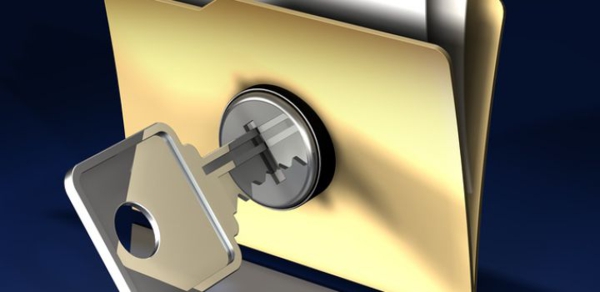<p>In any business you run, when you have many employees, computers, and portable devices used on the job, online security is critical to keeping private data private, and keeping company information as safe as possible at all times.<br />
As a business owner, or head of security for your business&#8217;s online connectivity, it is important to develop a sound checklist, to ensure you are hitting all major threats, and stopping them before you run the risk of losing critical information.<br />
<strong>1. Check users &#8211;</strong><br />
It is important to know who is on the systems. From a company CEO, to employees with mobile laptops, making sure the information and the company private files are password protected is extremely important to ensure private data and company information remains private.<br />
<strong>2. Keep up with trends &#8211;</strong><br />
Knowing what new security devices and software is available, knowing where to shop for the security protection, and learning about how to keep your company&#8217;s information secure, at all times, are all things you have to keep on top of, to ensure personal company information remains protected.<br />
<strong>3. Selecting passwords &#8211;</strong><br />
You do not want to use the same password for everything. You have to make sure that the information that is critical to your company, is only seen by those who should be seeing it. So, you have to make sure the passwords are unique, strong, and are only available to those who should have access to certain information and files.<br />
<strong>4. Update passwords &#8211;</strong><br />
It is also wise to consider changing the passwords every so often. Whether you require users to change them once a month, every 6 months, or at any other increments of time, in doing this, you keep refreshing passwords, and help reduce the risk of your company&#8217;s system getting hacked in to.<br />
<strong>5. Strong antivirus &#8211;</strong><br />
It is also critical that you choose the best antivirus, spam protector, and adware systems on the market. Even if they are expensive, having a few security systems in place, and different antivirus programs running, is well worth the cost if it is going to keep your company and the information secure.<br />
<strong>6. Protect emails &#8211;</strong><br />
You have to make sure emails are protected. Not only password protected, but the information being sent and received as well. Everything should be checked by antivirus, and there should be common storage files that company heads can go in to, so that they can see information that is being transmitted through the company&#8217;s email systems.<br />
<strong>7. Physical Security-</strong><br />
Securing your online network also means making sure your physical service and computers are secured with a good alarm system, door lock and premises. With your company’s server, it is a good idea to have it backed up but also to have it physically locked down and secured to the table. You can purchase specially designed server safes and brackets to protect it from actual physical breaches. Sometimes this can be overlooked as many people who look at online security miss the basic risks that are present.<br />
<strong>7. Assess &#8211;</strong><br />
Assessing the system and checking for threats, and weak points in security every so often, is also a great way to build up the level of protection. When you look for weak areas, and spot them, not only can you make improvements, you can make the system stronger.<br />
<strong>8. Create a security policy &#8211;</strong><br />
If you do not have one in place, create one. You have to require employees to follow rules, avoid certain sites, and sign certain confidentiality agreements, so that you know all information they see or read about the company, is going to remain secure.<br />
Jonathan works on behalf of Guardall who specialise in the business safes, cash safes and electric strike locks.</p>

Small Business: Securing Your Online Network In 2013
